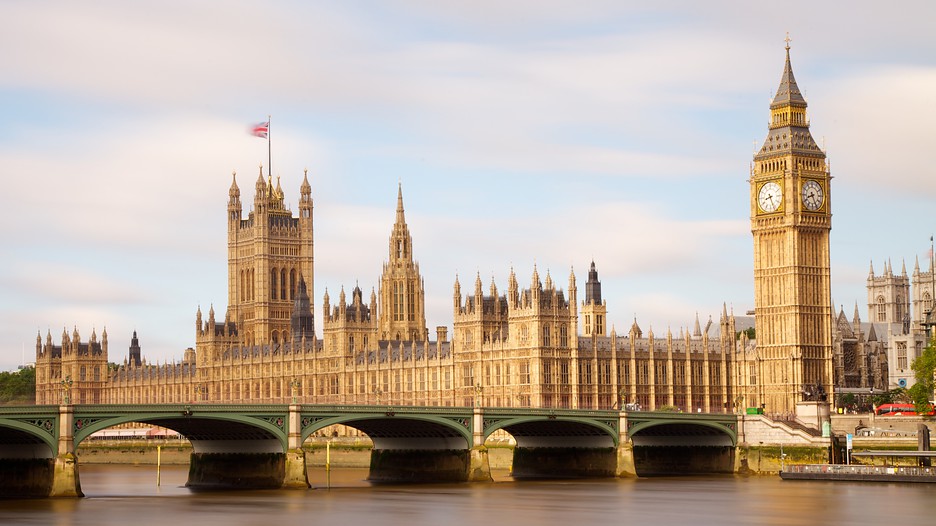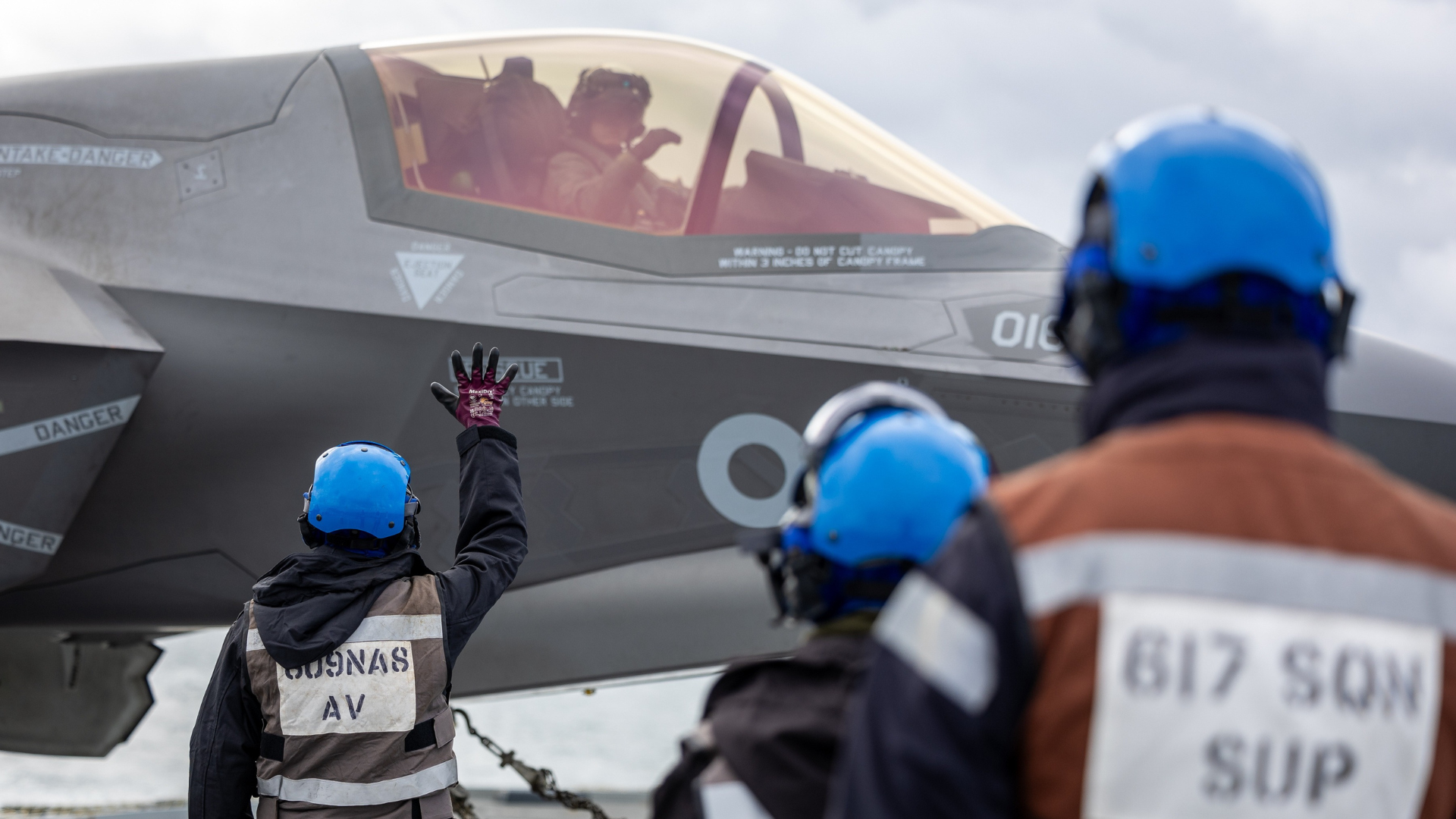
Yesterday Nia Griffith, Shadow Defence Secretary for the Labour Party, provided insight into the party’s position on the future of UK’s defence and security at home and abroad at a speech at the Royal United Services Institute (RUSI).
Nia reaffirmed the party’s focus on protecting the citizens of the UK and maintaining national security amongst a range of threats and the period of instability that the UK currently faces. She confirmed that her party would support investment outcomes that are a result of the Modernising Defence Programme due in summer, and is hopeful that it “will set out a positive and ambitious vision for the future of defence.”
She outlined key policy areas including:
- Focusing on interoperability and international partnering – this will support the UK in playing to our strengths in terms of capability as well as having an awareness of our allies’ capabilities and the ability to partner strategically.
- Highlighting the contribution that the UK Armed Forces has in UN peacekeeping missions. The UK is well known for our highly-skilled Armed Forces and world-class equipment by other countries and the party aim to encourage the UK to take up a leading role strategically within the UN.
- Highlighting the range of UK specialist capabilities including ISTAR, cyber, engineering and logistics, medical units, airlift and maritime patrol, a good example being the engineering and medical skills demonstrated by our troops in South Sudan.
- The commitment to replace the Cross Government Conflict, Security and Stability Fund with a more transparent fund which resources UN Peacekeeping missions.
- NATO remaining a cornerstone of their defence and security policy. Highlighting the opportunities that are available in NATO to prioritise peacekeeping, peace-building, and peace enforcement to make it more effective.
- The aim of the next Labour government to redefine ‘good value’ taking into account UK economy, a view supported by ADS, to recognise the socioeconomic factors of defence contracts within the MoD procurement process. This includes benefits to jobs, apprenticeships and skills across the country as well as additional revenue, national insurance, and exchequer taxation.
- The promise to carry out a review of significant service contracts that have been outsourced, and where they are failing in terms of personnel, families and value for money, they will bring these back in house.
- Recognising the contribution of our Armed Forces, regulars and reservists, and thanking them for their service in protection of the UK by ensuring that they get a better deal and a proper pay rise.
The comments made by the Shadow Defence Secretary are encouraging for the UK defence industry. It recognises the range of skills that we have in UK Defence and the contribution that our industries bring to UK economy. Their commitment to redefining ‘good value’ is a step in the right direction for our industry in addressing the future of contracting between the MOD and Industry.





